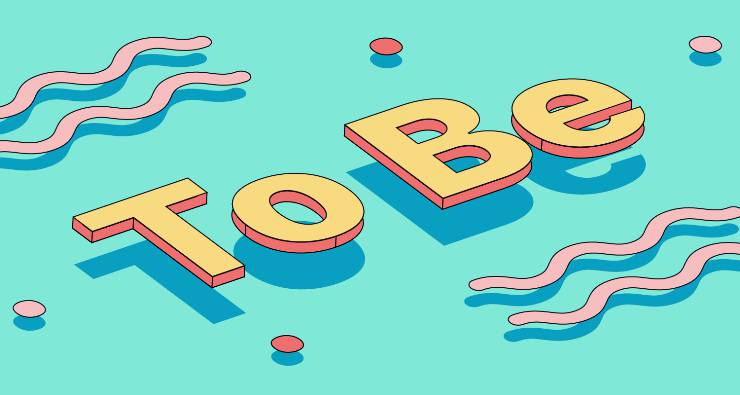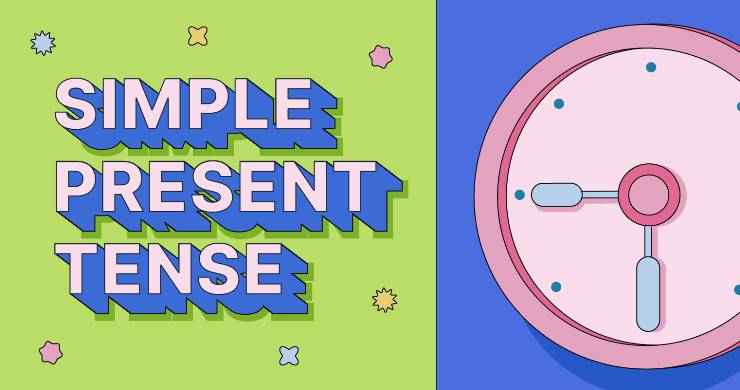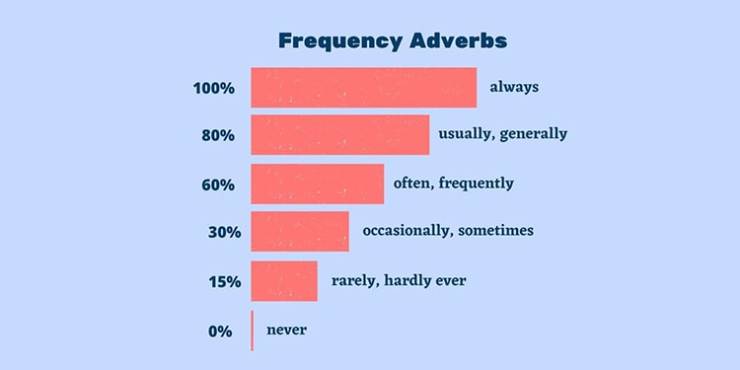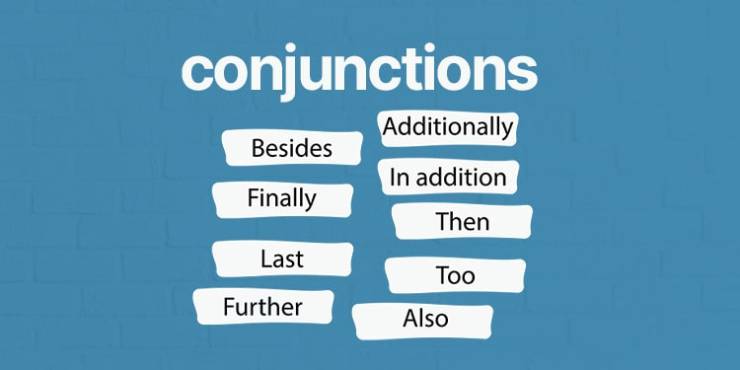Verb To Be / Verb To Be

VERB "TO BE"
BE = am, is, are
BE fiilinin kullanımı:
SUBJECT + BE + ADJECTIVE
SUBJECT + BE + NOUN
SUBJECT + BE + ADJECTIVE + NOUN
SUBJECT + BE + PLACE (PREPOSITIONAL PHRASE)
İngilizce'de BE fiili öznelerden sonra AM, IS, ARE olarak kullanılır.
Be = am, is, are
(bi = em, iz, ar)
I am -ay em-
You are -yu ar-
He is -hi iz-
She is -şi iz-
It is -it iz-
We are -wi ar-
You are -yu ar-
They are -dey ar-
'Be' fiilini sıfatlarla, isimlerle ve edatlarla kullanırız. Temel kullanım aşığaki gibidir.
1- SUBJECT + BE + ADJECTIVE
I am young. (Ben gencim.)
We are tired. (Biz yorgunuz.)
They are very expensive. (Onlar çok pahalı.)
Their house is big. (Onların evi büyük)
She is very young. (O çok genç.)
Your book is new. (Senin kitabın yeni.)
My book is old. (Benim kitabım eski.)
His father is old. (Onun babası yaşlı.)
Books are very expensive. (Kitaplar çok pahalı.)
Bread is cheap. (Ekmek ucuz.)
Adjectives: Sıfatlar
Bilinmesi gereken temel sıfatlar
Big -big- : Büyük
Small -smol- : Küçük
Old -old- : (Eşyalar için) Eski, (Canlılar için) Yaşlı
New -nyu- : Yeni
Young -yang- : Genç
Cheap -çiip- : Ucuz
Expensive -ekspensiv- : Pahalı
Tired -tayrd- : Yorgun
2- SUBJECT + BE + NOUN
Subject + be + noun yapısını kullanırken, SUBJECT şahıs ise NOUN genelde mesleklerdir.
He is an engineer. (O bir mühendis.)
They are architects. (Onlar mimar.)
I am not a student. I am a teacher. (Ben öğrenci değilim. Öğretmenim.)
I am Mehmet. (Ben Mehmet(im).)
She is a student.. (O bir öğrenci(dir).)
You are a doctor. (Siz bir doktorsunuz.)
They are soldiers. (Onlar asker.)
His father is a teacher. (Onun babası bir öğretmen.)
Books are friends. (Kitaplar dosttur.)
Nouns: İsimler
Meslekler, eşyalar, mekanlar, insan isimleri bu guruptadır.
Student -styudınt- : Öğrenci
Teacher -tiçır- : Öğretmen
School -skuul- : Okul
Engineer -enciniyr- : Mühendis
Soldier -solcır- : Asker
Friend -frend- : Arkadaş, Dost
Table -teybl- : Masa
John -con- : John
3- SUBJECT + BE + ADJECTIVE + NOUN
She is a young girl. (O genç bir kız.)
You are an old man. (Sen yaşlı bir adamsın.)
They are hardworking students. (Onlar çalışkan öğrenci.)
It is a big house. (O büyük bir ev.)
They are easy questions. (Onlar kolay sorulardır.)
He is a new friend. (O yeni bir arkadaş.)
It is an old book. (O eski bir kitap.)
He is a good teacher. (O iyi bir öğretmen.)
They are expensive cars (onlar pahalı arabalardır.)
It is a cheap hotel. (O ucuz bir otel.)
Adjectives + Noun: Sıfat + İsim
Bilinmesi gereken temel sıfat ve isimler
Big house -big haus- : Büyük ev
Small radio -smol redyo- : Küçük radyo
Old man -old men- : Yaşlı adam
New car -nyu kar- : Yeni araba
Young girl -yang görl- : Genç kız
Cheap hotel -çiip hotel- : Ucuz otel
Expensive computer -ekspensiv kompyutır- : Pahalı bilgisayar
Tired worker -tayrd workır- : Yorgun işci
Easy question -iizi kvesçıns- : Kolay soru
Difficult job -difikılt cab- : Zor meslek
4- SUBJECT + BE + PLACE (PREPOSITIONAL PHRASE)
They are in the company now. (Onlar şu anda şirketteler.)
The doctors aren't in the hospital. (Doktorlar hastanede değil.)
He is at the party. (O partide.)
The difference is in color. (Fark renktedir.)
I am in the school. (Ben okuldayım.)
The book is about English. (Kitap İngilizce hakkında.)
We are near the road. (Biz yol kenarındayız.)
The cat is under the table. (Kedi masanın altında.)
The garden is in front of the house. (Bahçe evin önünde.)
She is behind the tree. (O ağacın arkasında.)
Preposition: Edatlar
Bilinmesi gereken temel edatlar
in -in- : içinde
on -on- : üstünde
under -andır- : altında
near -solcır- : asker
behind -bihaynd- : arkasında
in front of -in front ov- : önünde
about -ıbaut- : hakkında
AFFIRMATIVE: OLUMLU CÜMLE
I am a student (Ben bir öğrenciyim)
You are happy. (Sen mutlusun)
He is in the school. (O okuldadır)
She is in the school. (O okuldadır)
It is in the school. (O okuldadır)
We are happy. (Biz mutluyuz)
You are happy. (Siz mutlusunuz)
They are happy. (Onlar mutlular)
INTERROGATIVE: OLUMSUZ CÜMLE
I am not (I'm not) tired. (Yorgun değilim)
You are not (aren't) in the hospital (Sen hastanede değilsin)
He is not (isn't) at home. (O evde değil)
She is not (isn't) at home. (O evde değil)
It is not (isn't) at home. (O evde değil)
We are not (aren't) in the hospital (Biz hastanede değiliz)
You are not (aren't) in the hospital (Siz hastanede değilsiniz)
They are not (aren't) in the hospital (Onlar hastanede değiller)
QUESTIONS: SORULAR
Am I late? (-Ben- Geciktim mi?)
Are you at home? (-Sen- Evde misin?)
Is he sad? (-O- Üzgün mü?)
Is she sad? (-O- Üzgün mü?)
Is it sad? (-O- Üzgün mü?)
Are we at home? (-Biz- Evde miyiz?)
Are you at home? (-Siz- Evde misiniz?)
Are they at home? (-Onlar- Evdeler mi?





